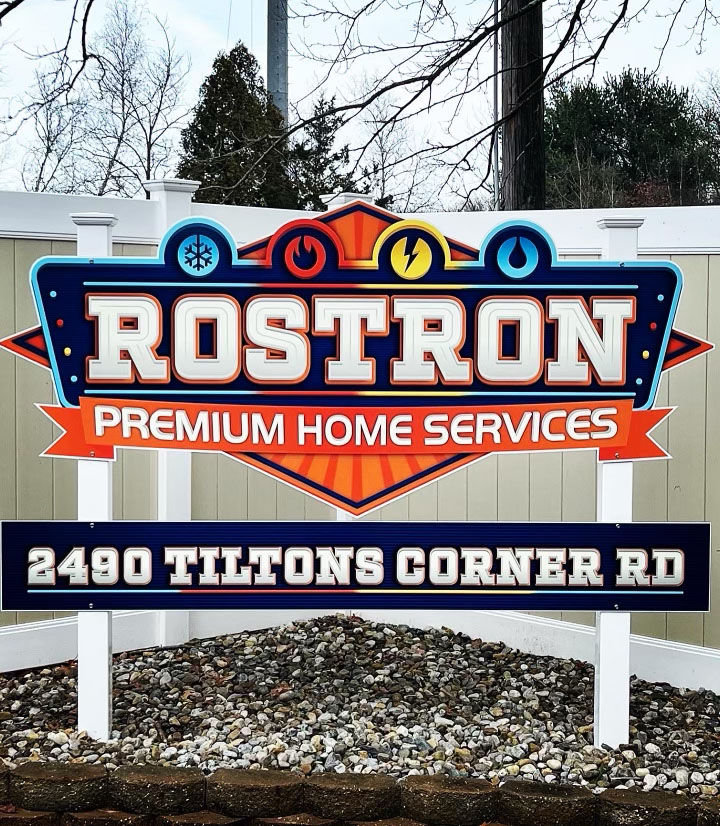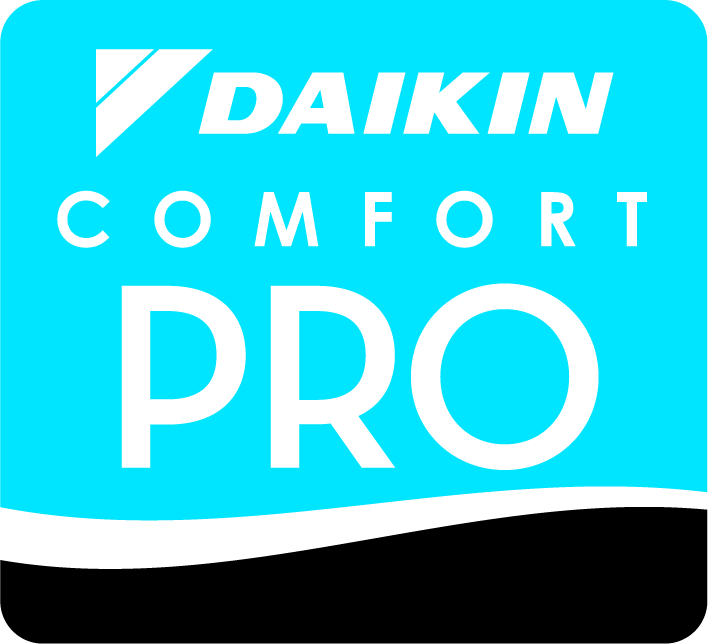
August 9, 2016
With the hot, humid summer weather we’re having in Monmouth and Ocean County, you’re probably running your AC nonstop. Running your air conditioning continuously means you should have regular maintenance performed as well as consider the other elements that affect just how well your home is staying cool.
A Bigger AC Isn’t Necessarily Better
You might think that a bigger air conditioner will be more powerful and cool your home more effectively. A unit that’s too large will actually be less efficient in cooling your home and can create a variety of other issues.
How’s Your Home’s Humidity?
In addition to cooling your house, an air conditioner’s purpose is to reduce humidity. The ideal humidity for a home should be between 40% and 60%. A unit that’s too large will cool your home too quickly to reduce humidity, resulting in an unpleasantly muggy home.
New Jersey summers are notoriously humid and with the humidity in your home being too high, mold and mildew may begin to invade. This lowers the indoor air quality (IAQ) inside your home, making it an uncomfortable and unhealthy environment for you and your family to live in.
Other hazards of having an oversized AC include increased wear and tear, excessive energy use and higher monthly electricity bills.
What Do I Need to Consider When Sizing My AC?
In order for your air conditioner to run properly and keep you home comfortable this summer, it needs to be properly sized during installation. Which factors affect the sizing of your AC?
Building Tightness
The tightness of your home’s envelope (or the boundary between the indoor/cooled air and the outdoor air) relates to both air sealing as well as insulation. Air sealing prevents gaps and cracks from allowing hot, outdoor air to penetrate through into your air conditioned home, while insulation prevents the conduction of outdoor heat.
Efficiency of Your AC Unit
The technology of air conditioning is becoming more efficient every year. The latest energy efficient units can be quite compact. If your home is properly sealed and insulated, you won’t need a giant system.
Duct Sealing
Just as gaps and cracks in your home’s structure need to be sealed to ensure unwanted air isn’t entering, your ducts need to be sealed as well. Between 20% and 30% of the air that moves through your home’s duct systems is lost due to leaks, bad connections or holes. This means the air your AC is working hard to cool can end up escaping your home! This also puts additional stress on your air conditioner to replace the lost air.
Square Footage of Your Home
The square footage of your home should be taken into consideration when sizing an air conditioning unit. A 600 square foot cottage isn’t going to need a unit the size of one made for a 4,000 square foot home. Take this into consideration when deciding on which air conditioner to install in your home.
Cooling Load Calculation
Cooling load is the rate at which an air conditioner must remove heat from your home to keep its temperature and humidity levels steady. The components of cooling load include factors such as:
- Conduction through the roof, walls and windows
- Solar radiation through windows
- People
- Home appliances, equipment and lights
- Infiltration of hot outdoor air
- Ventilation
- System heat gains
Every home has a different cooling load calculation based on its building structure, mechanicals, environment and occupants, all of which have to be taken into account when assessing whether a specific AC will be sufficient.
What Size Should My AC Be?
Tom Rostron takes every factor into consideration when determining which air conditioner is right for your Monmouth or Ocean County, New Jersey home. Our team will make sure you have a unit that isn’t too small or too large for your space!



